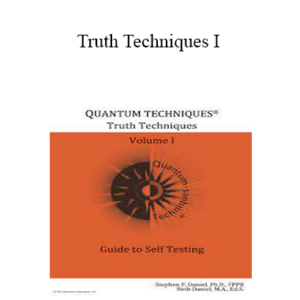- Topic Areas:
- Short Course
- Bundles:
- IC19 – All Audio
- Category:
- Erickson Congress | Erickson Congress 2019
- Faculty:
- Mitra Rashidian, PhD | Robert Jaffe, PhD, LMFT
- Duration:
- 1 Hour 27 Minutes
- Format:
- Audio Only
- Original Program Date :
- Dec 12, 2019
Description
Description:
According to research (Rashidian et al. 2015), Genito-Pelvic Pain/Penetration Disorder ‘Vaginismus’, causes significant sexual challenges for groups of sub-population women in the US. This workshop provides raw data and statistical analysis, supporting the hypothesis that these women experienced sexual pain as a manifestation of biopsychosocial conditions, resulting from cultural orientations. These include the cultural do’s and don’ts that shapes sub-population women’s sexual beliefs and attitudes, as a result of their life experiences within their cultures, impacting emotional and physical sexual experiences negatively. Culture, then, is shown as the etiology of sexual pain disorder among this population. According to research, Neuro-psychotherapy resolves many of these challenges and beliefs. Using this therapeutic modality, therapists can gain a microscopic insight into the activity of a specific neural network involved with women’s fear, and have a macroscopic view of clients’ interpersonal relationships and environment, in order to gain a thorough grasp of these women’s situations. With the knowledge that there is a dynamic and powerful influence between the mind, brain, and environment, therapists will be able to find valuable insight into women’s conditions, by understanding with more clarity what’s hidden within their neurology and biology.
Educational Objectives:
- Explain the role of culture as an etiology to Genito-Pelvic Pain/Penetration Disorder ‘ Vaginismus’ among Sub-population women.
- Review and practice specific Neuro-psychotherapy approaches used to assist therapists, in assessment and interventions for this disorder, within cultural contexts.
*Sessions may be edited for content and to preserve confidentiality*






